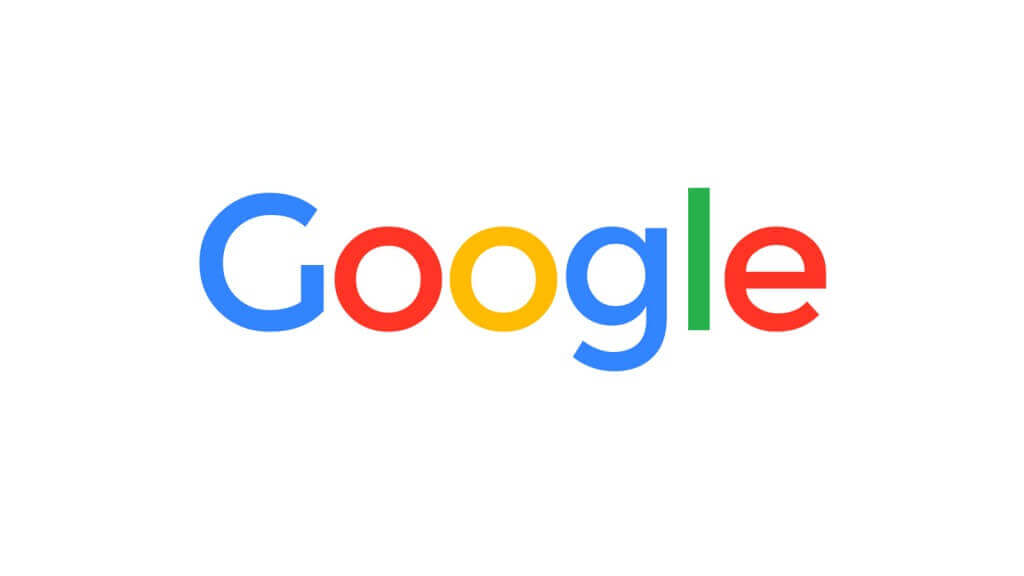
The challenge of optimising for Google search is increasingly coming down to understanding how it is using artificial intelligence to emulate how the human brain works.
Addressing travel industry professionals at a roundtable hosted by Travolution, Kevin Mullaney, Flagship Consulting account director – digital, said it was vital brands cut through at the moments customers need them.
He said this is increasingly not about brands ‘imposing their will’ on customers, but being more consumer-centric, understanding them and the digital channels they use to assist them along their path to purchase.
“Take a step back. Take time to get to know your customers and understand your competitors. By doing that you know who they [customers] consider to be influencers, know who they follow, what they are sharing and what channels they are on. The more you know the more you are going to influence their decisions,” he said. “Carve out your niche and write good content that’s relevant.”
Although the days of technical SEO fixes are long gone, Mullaney said it remains vitally important that brands understand how Google is changing and developing its algorithms to ensure it does not fall foul of the leading search engine.
The most important recent development is Google’s deployment of Rankbrain, its artificial intelligence technology that is attempting to bring natural language understanding of queries and the results that are the most relevant.
“It’s doing this in the same way we use memories ourselves by creating neural pathways,” said Mullaney. “They are trying to create something similar within their algorithm. They are trying to create an artificial brain.”
Behind the scenes Google, which bought online database Freebase in 2010, is using the free community curated online information sources like Wikipedia to structure its understanding of topics like places, subject matter associated with those destinations and the links between.




